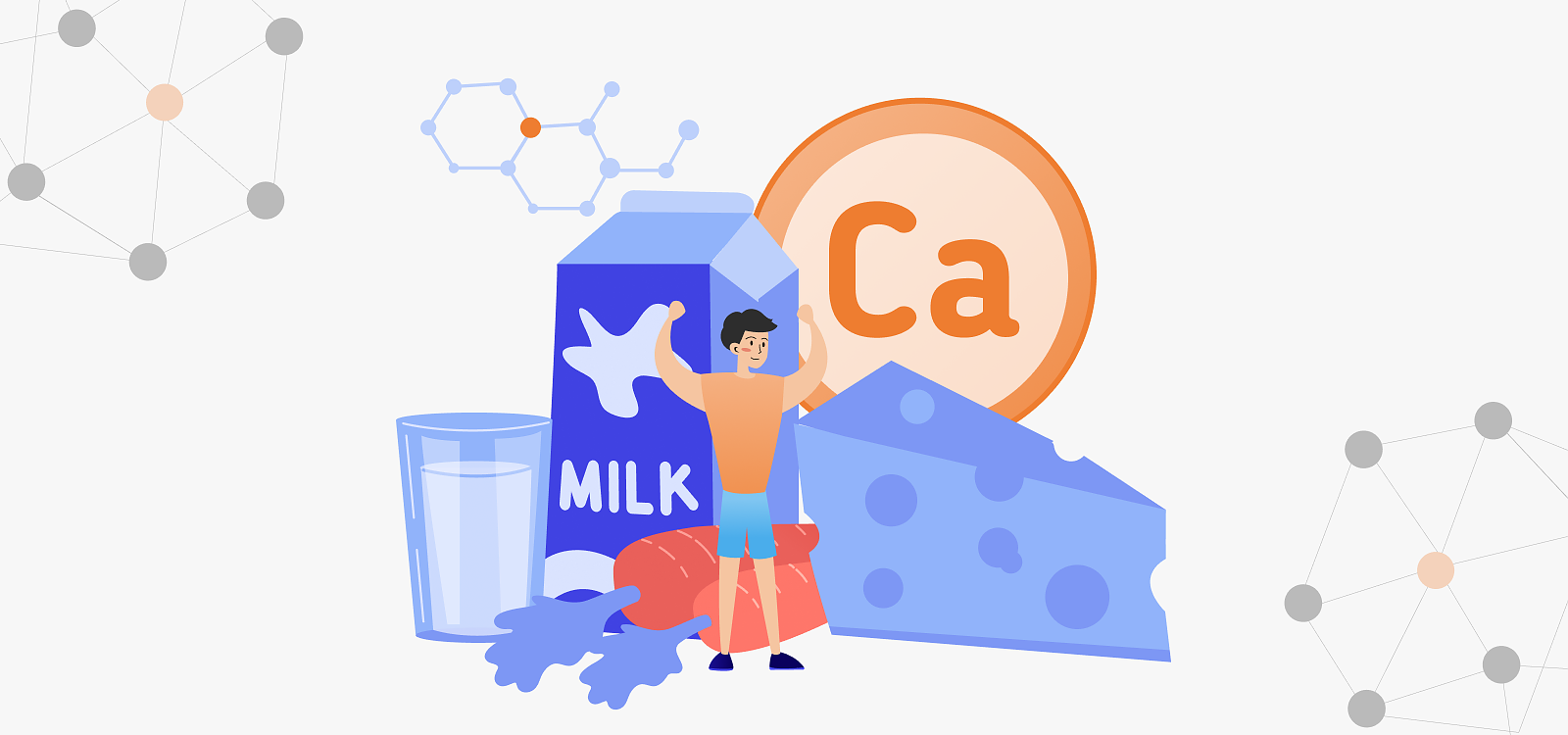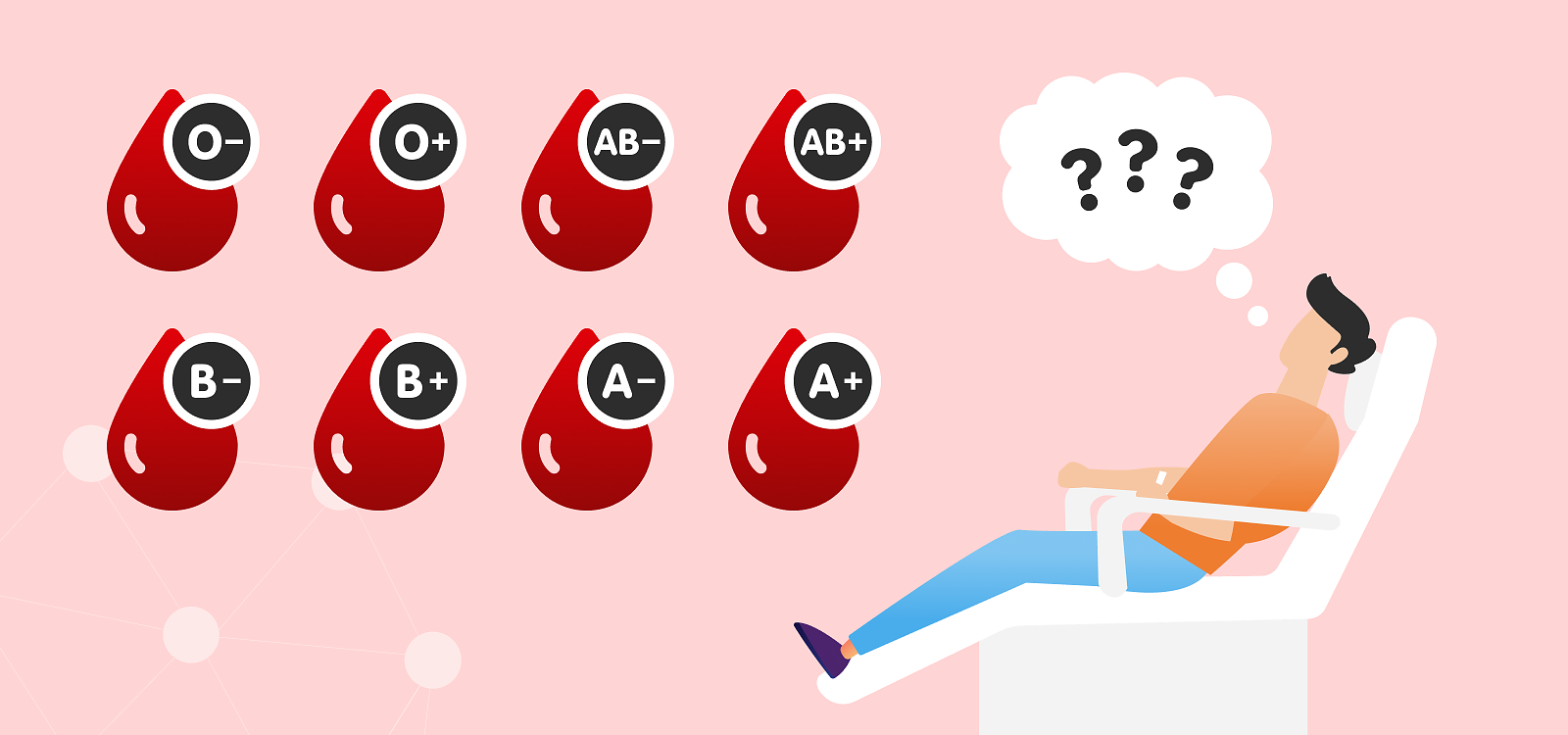Parameter Tuesday: CALCIUM
Calcium is the most abundant mineral in the human body, and it represents around 2% of your body weight. It is essential for the proper function of your nerves, muscles, heart, and for maintaining strong bones. 99% of the calcium in your body is stored in your bones. The remaining 1% circulates in your body through the blood where it can be bound to proteins, it can be in the form of inorganic complexes, or it is present as free or ionized calcium.
Your body can't produce calcium, and so it needs to get the necessary amount through the diet. The best sources of calcium are dairy products such as milk, yogurt, and cheese. Calcium is also found in beans and lentils, dark green leafy vegetables, e.g., spinach and broccoli, cereals, sardines, and in fortified, nondairy drinks, e.g., soy or almond milk. However, a diet rich in calcium is not enough to keep your levels in the normal range. To absorb calcium from your diet, your body needs vitamin D, and the best way to get Vitamin D is to get some sunshine!
Hypocalcemia or a low calcium concentration in your body is often connected to impaired function of the parathyroid glands, acute pancreatitis, renal disease, hypomagnesemia, and hypermagnesemia. A lack of vitamin D makes it harder to absorb calcium, which can also be another reason for hypocalcemia.
Hypercalcemia or a high calcium concentration in your body is mainly connected to primary hyperparathyroidism, meaning there is an excess secretion of parathyroid hormone (PTH), which controls calcium levels in the blood. This condition is most frequently seen in older women. Hypercalcemia is also seen in people facing various types of malignancy such as cancer of the lungs, breast, blood, prostate, or thyroid gland.






